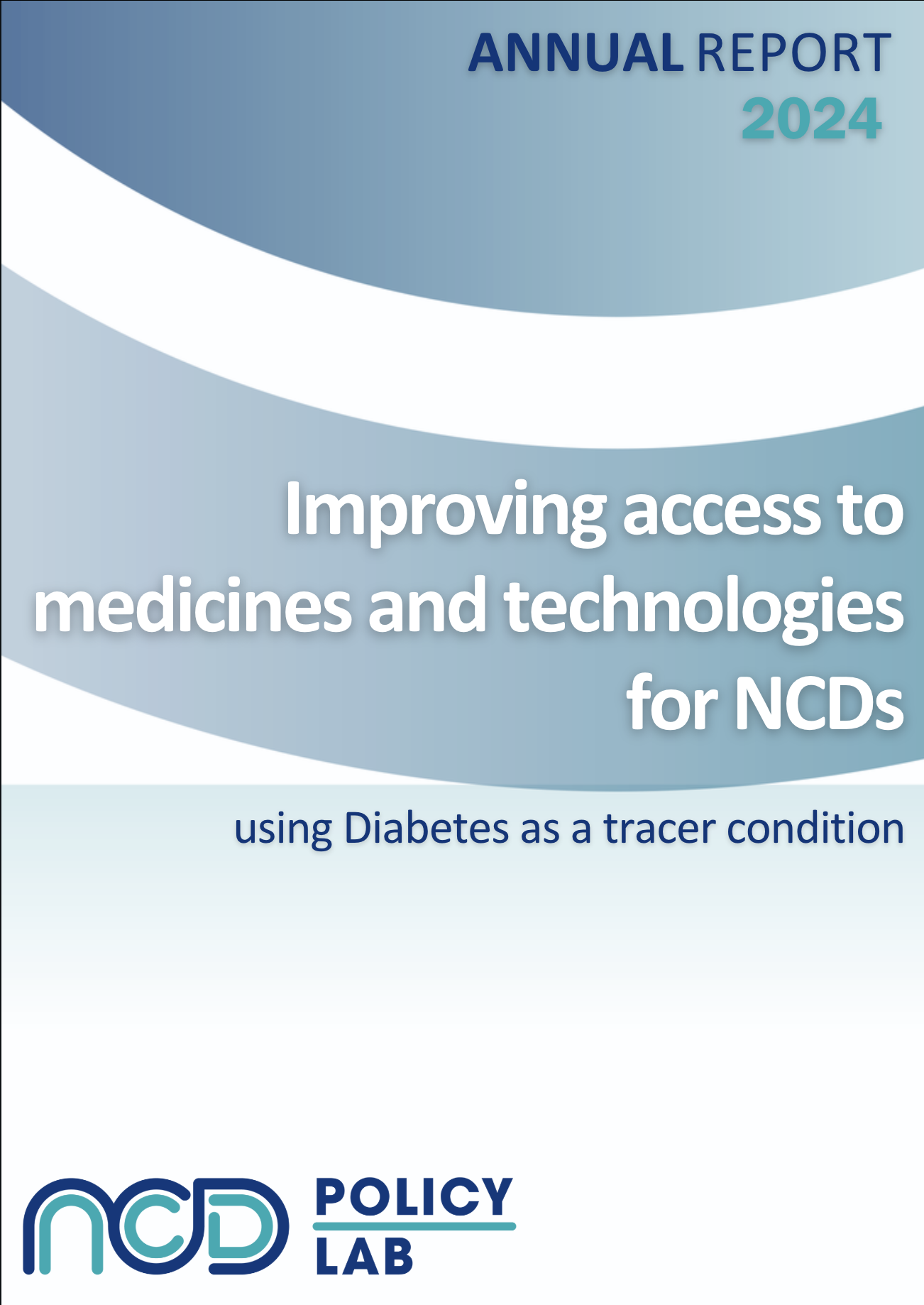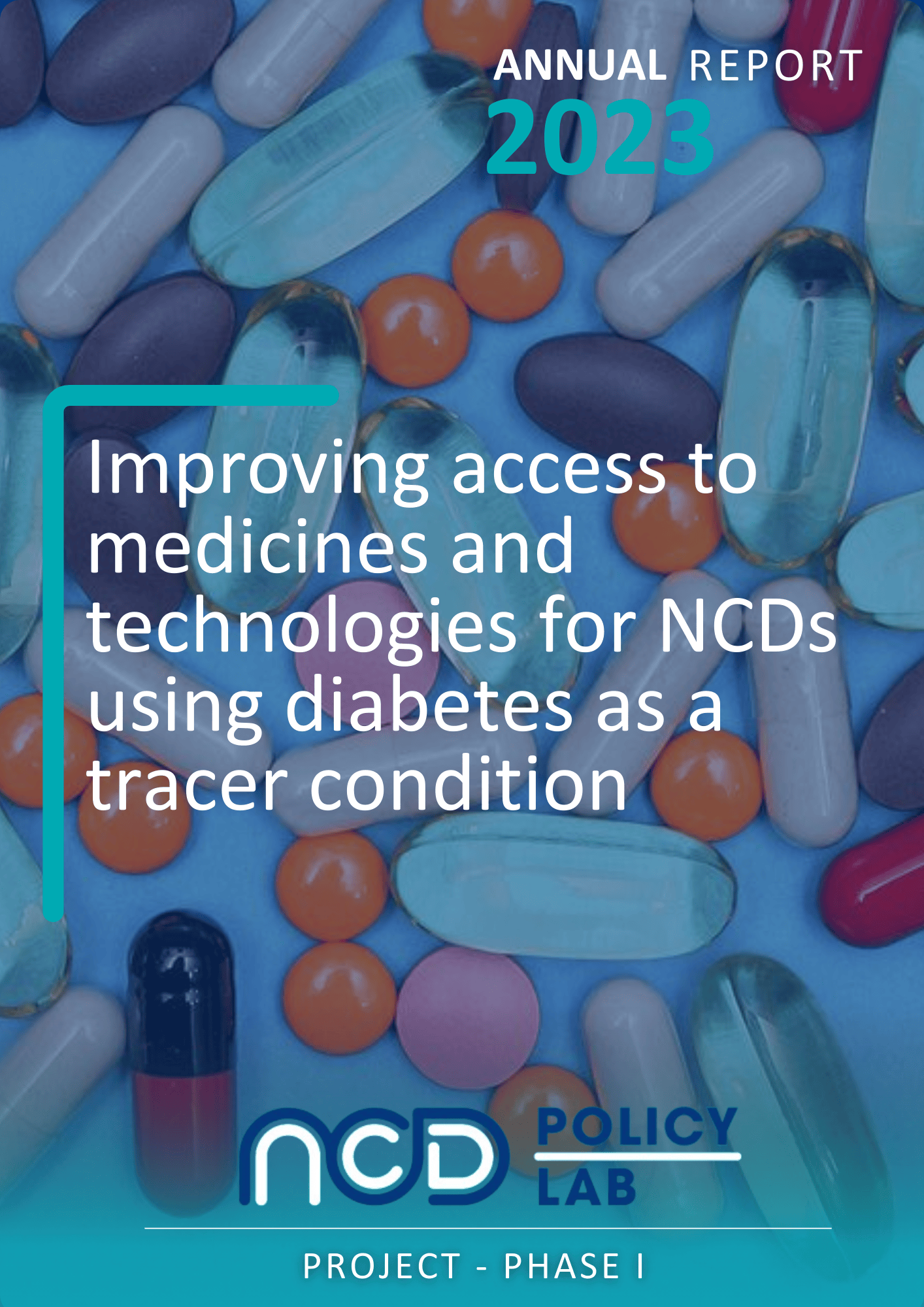The NCD Policy Lab seeks to unlock existing hurdles at global level and generating evidence for policy decisions to move the access to medicines agenda forward by fostering the adoption of evidence-based policies for improving access to NCD care, medicines, and technologies.
The NCD Policy Lab is to be considered as an innovative model to foster the interaction between researchers and policy makers as well as other stakeholders. This Policy Lab capitalizes on existing experiences within its main partners to further both global and national policy responses. In line with its mission, the NCD Policy Lab is structured around three key pillars:
Strengthening the regulatory environment for medicines against non-communicable diseases (NCDs);
Considering procurement and supply at both global and national levels;
Leveraging Switzerland's unique position to create an innovative platform focused on access to medicines, technologies, and care, translating science into policy
Improving access to medecines and technologies for ncds using diabetes as a tracer condition
A project led by the Division of Tropical and Humanitarian Medicine (DTHM) at the University of Geneva (UNIGE) and funded by the Swiss Agency for Development and Cooperation was set up in 2023 to improve access to medicines for non-communicable diseases. Diabetes and insulin have been chosen as the conditions and medicine of choice, enabling the project, during its first four years of implementation, to draw clear lessons, then apply and extend them to other non-communicable diseases.
The project builds on existing initiatives and proposes a holistic approach to address the current complex knowledge and evidence gaps to improve access to medicines for NCDs and care, in line with the Sustainable Development Goals (SDGs) and the global priority of Universal Health Coverage (UHC).







